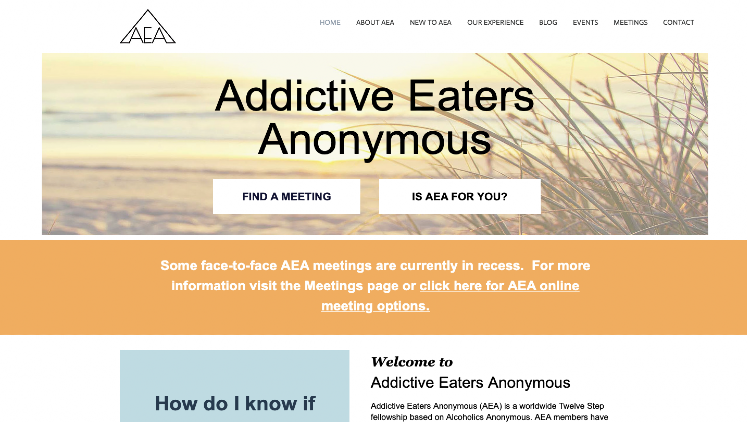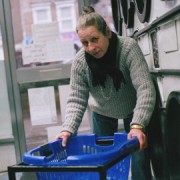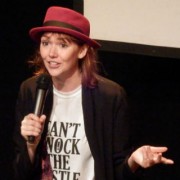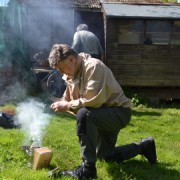
When Adele, not her real name, joined Addictive Eaters Anonymous (AEA) at 21, her compulsion with food had spiralled out of control.
“I had alienated myself from family and friends and no longer had any religious beliefs… I was overwhelmed with addictive eating combined with an obsession with food and controlling my weight,” said Adel who followed AEA’s tradition of not revealing her identity.
“It was then that I hit a rock bottom and joined Addictive Eaters Anonymous.”
AEA is a twelve-step programme, based on the structure of Alcoholics Anonymous, created to aid and support the journey to recovery for the many people suffering from disordered eating.
Their aim is to help members find peace of mind and the ability to live a meaningful and productive life.
More than a million people suffer
The BEATeating disorders charity has estimated that around 1.25 million people suffer from disordered eating in the UK alone.
Adele grew up in a large family in a strictly religious community in the heart of East London but soon became isolated from her loved ones as she used food as a coping mechanism to deal with her ongoing depression and loneliness.
She claimed that she was rebellious from a young age and wanted to escape, but wasn’t aware she was using food to do so as well as other substances such as alcohol and controlled substances.
Adele said it could be difficult to get professionals to recognise that there was a problem, especially if the person didn’t fit the physical stereotype of someone suffering from an eating disorder.
“When I finally sought help, I struggled to get professionals to recognise that I did indeed have a problem as I wasn’t very overweight or underweight,” she said.
Adel added: “I believed I only had a problem with food. Over time I came to realise that food is a symptom of a wider problem, the disease of addiction.
“I learned that addiction can switch from one substance to another, and
that addressing all aspects of addiction is essential in finding freedom from addictive eating.’’
AEA offers an introductory meeting with two members via Zoom.
Following that they have regular online meetings throughout the week, as well as members being available to speak on the phone. They also host a monthly AEA Worldwide Web Event which anyone can attend.
‘Life-changing’ programme
Reflecting on her own experience, Adele realised that her patterns with addictive eating were present long before she fully recognised she had a problem.

AEA organise regular meetings. Pic: AEA
Her time completing the twelve-step programme with AEA was described as “life-changing.”
Attending regular meetings, that have now been moved online, and keeping in contact with other members allowed Adele to heal physically, mentally and spiritually from an illness that had captivated her life for so many years.
Her moving story of addiction and recovery can be an inspiration for people looking to get help.
However, Adele is unfortunately only one of many others who have struggled with addictive eating patterns. Click the link to hear more stories of recovery and help bring awareness to what can be a fatal issue.




